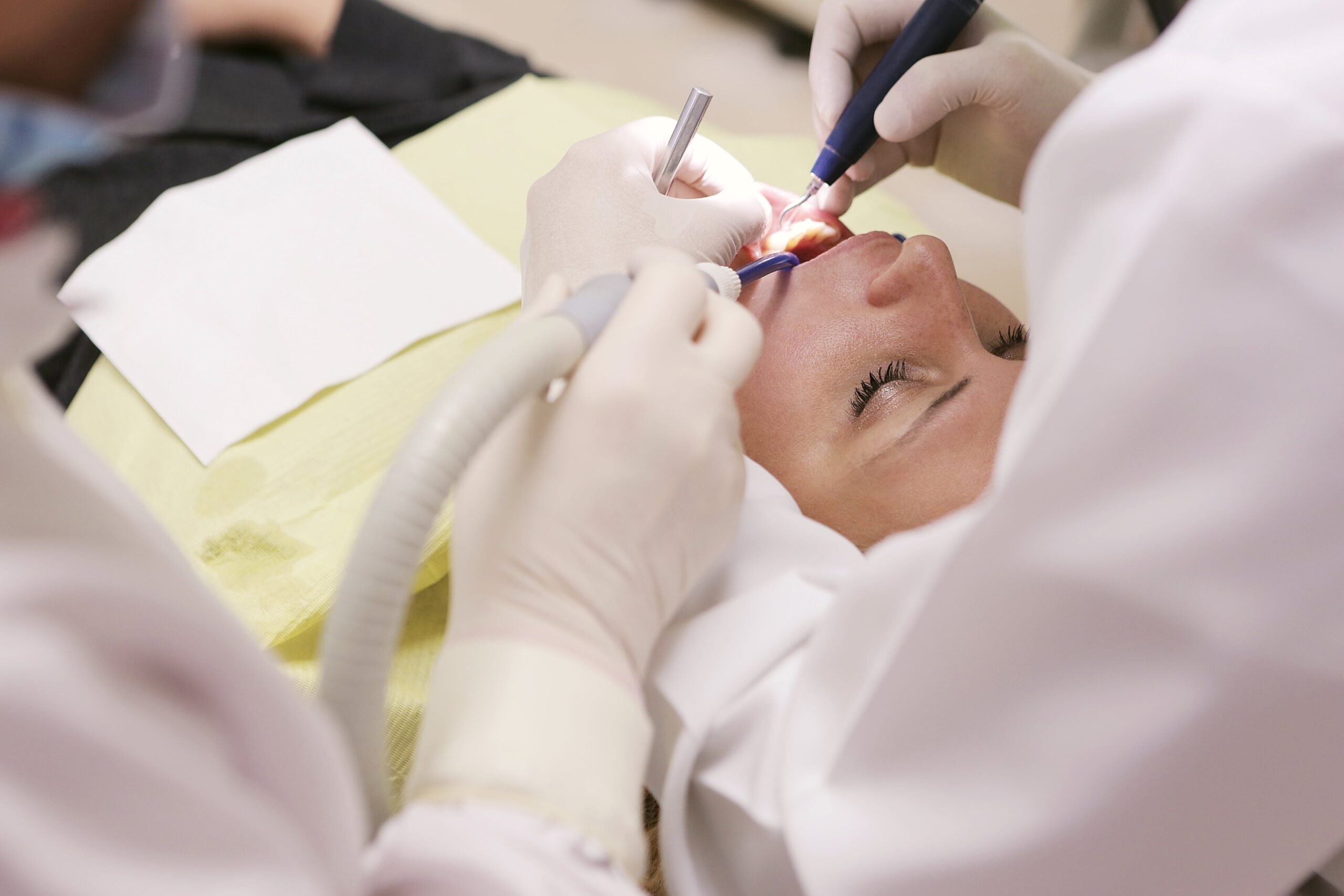Navigating medical insurance, especially Medicare, can be a frustrating experience for anyone who has not often had to do so. Choosing the best plan for your medical needs is incredibly important, especially in your later years, as you begin to have various age-related health issues that need addressing in the years to come. For American citizens who are eligible, Medicare is available at age 65 but comes in a variety of different plans. Some plans offer certain benefits, while others do not. In addition to primary plans, Medicare also offers supplemental plans that you should be aware of, especially if you need specific coverage. Vision, hearing, and dental care are essential to staying healthy long-term, however, and despite this fact, Medicare’s original plans treat them as extras and do not cover them. So which plan do you choose if you need dental, vision, or hearing care?
Medicare Plan A/B
This original Medicare plan is the first plan most seniors qualify for, and it covers basics such as hospital coverage and doctor and outpatient coverage. Part A typically covers skilled nursing care in a facility and nursing home care as well. Plan A covers hospice care and home health care. Part B adds on to the Part A plan by covering medically necessary services such as durable medical equipment, ambulance services, and mental health. Part B also covers preventative services. In some rare cases in various regions, Plans A and B might cover partial services for dental, sight, and hearing, but often the patient will be responsible for all costs involving these services, with very little reimbursement.
Medicare Plan C
Also referred to as “Medicare Advantage,” this is a supplemental plan to the original Medicare plan that is administered through private insurance companies like Aetna. The advantage of Medicare C is that it allows patients to vary what benefits they need through Plan C based on their own needs. There is usually an out-of-pocket spend limit between $1,500 and $8,000 for the participant, although lower limits will have higher premiums, which the insured must pay for coverage, while Medicare Parts A and B have no such out-of-pocket spend limits. Part C plans can and often do cover extra hospital coverage and doctor and outpatient coverage, but they also now cover prescription drug coverage as well as dental and vision.
Medicare Plan D
This portion of Medicare deals with prescription drug coverage. As the original Plans A and B do not cover prescriptions, many add this to their Medicare plan independently of other supplemental plans to cover the costs of prescriptions. Not all Medicare recipients need plans that cover long-term care in a facility, for example, but they do take medications for blood pressure and diabetes and thus would not need a Plan C but might need a Plan D. Plan D only covers prescriptions; it does not cover any other type of care.
Medigap
This is yet another supplemental Medicare coverage plan, usually offered by a private insurer, which helps cover several of the copays related to care, such as hospitalization, long-term facility care, medical equipment, and ambulance fees. As those with low spending limits often have high copays, Medigap helps cover some of these expenses. They are often labeled A through N and are administered by private insurance. Some employers provide Medicap to their employees. The costs of these plans vary greatly from location to location.
What now?
Before deciding to sign up for any kind of coverage plan, first take an inventory of what your current insurance does and does not cover. Medicare Plans A and B might cover some costs associated with hearing, dental, and vision, but only if they are medically necessary, such as a tooth extraction to prevent infection. In short, you will have to sign up for Medicare Plan C if you want coverage for hearing, dental, or vision.
Another option to consider are organizations that help seniors get coverage for treatments not offered by Medicare.
- The American Dental Association has a website dedicated to directing Medicare recipients to low-cost dental clinics.
- The Dental Lifeline Network offers information on free dental treatment offered by some states.
- Community health centers and senior centers often have specific days throughout the year where seniors can visit and receive a routine cleaning from a mobile dental unit. These centers frequently offer hearing and vision screening days as well.
- Eye Care America offers free eye exams, and New Eyes provides vouchers for eyeglasses.
- Help America Hear provides assistance for those needing hearing aids.
If you worry over medical costs, investigate these options today for your Medicare supplemental care needs!

